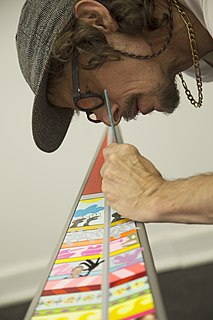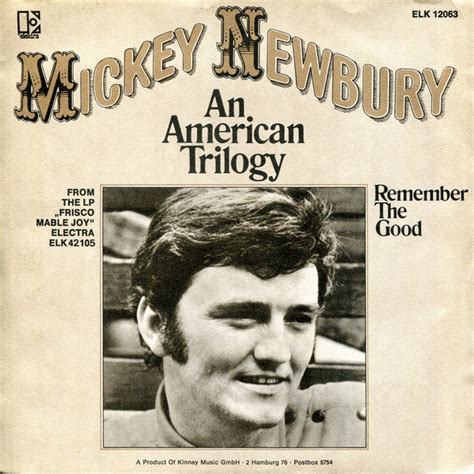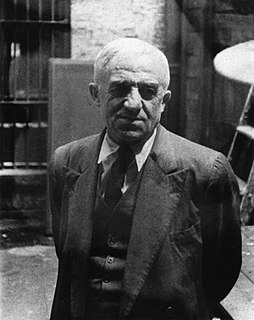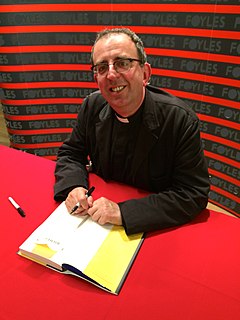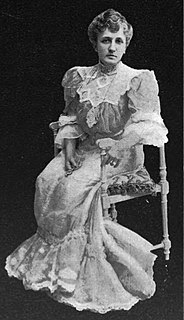A Quote by Bob Dylan
Someone handed me Mexico City Blues in St. Paul [Minnesota] in 1959 and it blew my mind. It was the first poetry that spoke my own language.
Related Quotes
The first song I wrote and had published was titled "Just As Long As That Someone Is You". It was written in 1959, and recorded in 1965 by Jimmy Ellege. I started writing songs because I wanted something of my own to sing. I, at that time, was not aware that the songs I heard on the radio were not written by the folks singing them. I had always loved poetry, and found it easy to integrate a melody with poetry.
I'm a bluesman moving through a blues-soaked America, a blues-soaked world, a planet where catastrophe and celebration... "Joy and Pain" - sit side by side. The blues started off in some field, in some plantation, in some mind, in some imagination, in some heart. The blues blew over to the next plantation, and then the next state. The blues went south to north, got electrified and even sanctified. The blues got mixed up with jazz and gospel and rock and roll.
I have a funny relationship to language. When I came to California when I was three I spoke Urdu fluently and I didn't speak a word of English. Within a few months I lost all my Urdu and spoke only English and then I learned Urdu all over again when I was nine. Urdu is my first language but it's not as good as my English and it's sort of become my third language. English is my best language but was the second language I learned.




